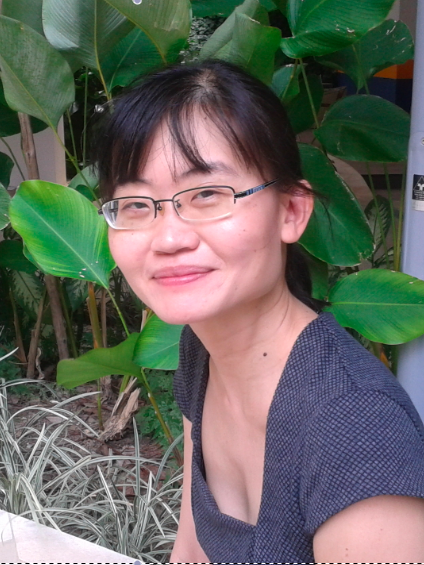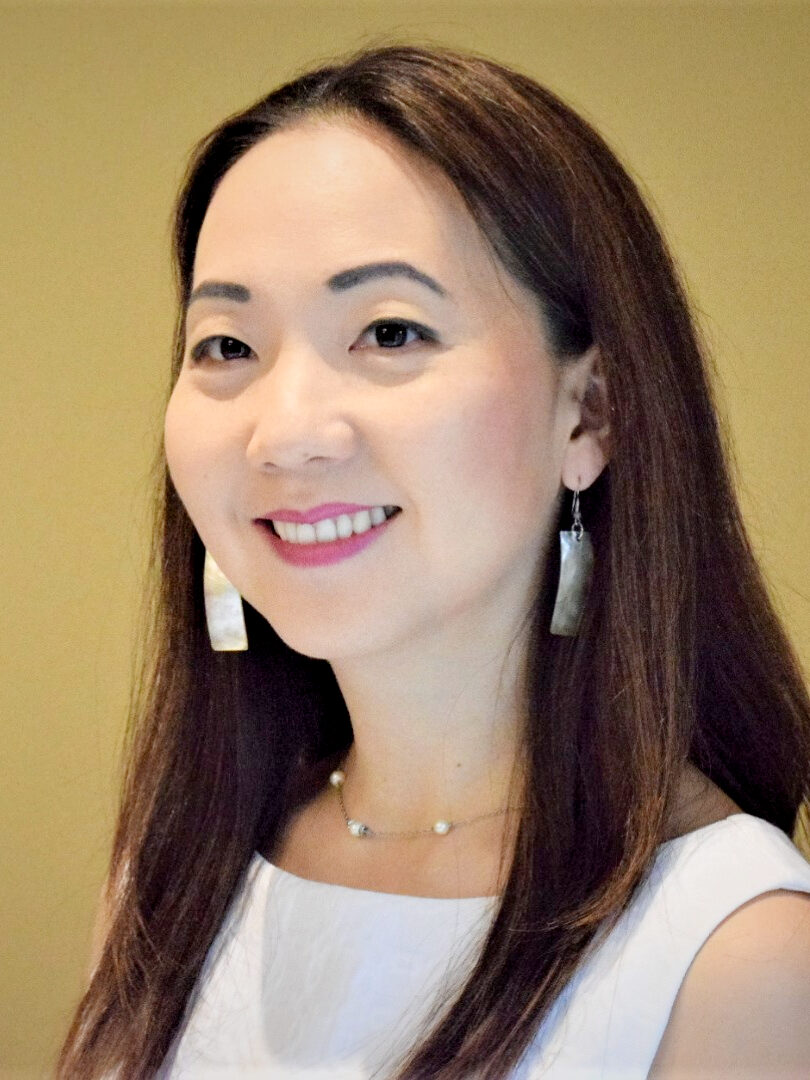A Study of the Nôm poems of Hà Tiên
March 10th, 2023
4:00 PM–6:00 Los Angeles Time
Presented by Dr. Claudine Ang


Associate Professor of Humanities (History), Yale-NUS College
Joined by Dr. Christina Han
Associate Professor of Asian History at Wilfrid Laurier University, Canada
Registration: https://ucla.zoom.us/webinar/register/WN_Lj5s6zluSxuclVp2yFln0w
Ten Songs of Hà Tiên is a compilation of landscape poetry, dating to the mid-eighteenth century, that celebrates ten scenic sites in Hà Tiên. Composed in heptasyllabic regulated verse in the Chinese script, the poems are evidence of Ming loyalist attempts to shape the landscape of the Mekong delta. In the early twentieth century, poems following the same titles, but which were composed in the Vietnamese Nôm script, surfaced without attribution to an author. Since then, scholars have been divided about the Nôm poems’ authorial authenticity. Whereas some are convinced that they emerged from the hand of the person who composed the original poems, others remain doubtful. In my study of the poems, I examine the relationship between those composed in the Nôm and the Chinese scripts as rumormongering; rather than think about the Nôm poems as translations of the Chinese, I understand the process of vernacularization as one in which the Nôm poems spread their own variants, hubristic and even excessive, as creations in their own right. My study identifies the ways in which allusions from the original poems worked their way, in modified forms, into the vernacular poems. In so doing, I join the debate about the poems’ authorship, and I propose that the vernacular poems drew inspiration not from the originator’s work, but from the poetry of one of the author’s eighteenth-century interlocutors.